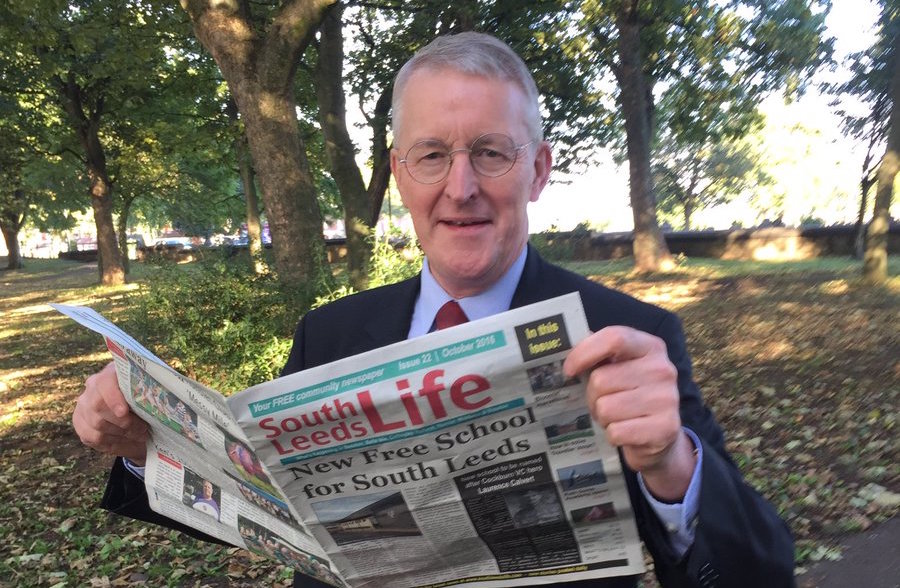
They are becoming a familiar sight in parts of our big cities. Cyclists and cars delivering hot food for firms like Deliveroo, Uber Eats, Hungry House and others.
All of them make use of the latest technology to link customers to restaurants and takeaways, and riders and drivers to orders. We sit at home, use an app to choose and the food arrives. It is the same technology that is changing the taxi industry, showing us where our vehicle is, when it will arrive and who’s driving it as well as allowing friends and family to track our journey – a wonderful thing for worried parents late at night!
But what about those who are doing the delivering and the driving? I talked recently to a taxi driver who said that he had averaged just £5.50 an hour over the past year, which is less than the minimum wage. If you are only doing 5 hours a week while studying or to top up other earnings that’s one thing – though still tough – but it’s something else again when it’s your entire income.
And being regarded as self-employed – even though this can be a full-time job – there’s no pension, sick pay, holiday pay or maternity/paternity leave and there’s little chance of getting a mortgage if earnings are so uncertain. The same is true of people on zero hours contracts.
At the moment the law recognises three different categories of people who work – employees, workers and the self-employed – but the law is pretty complex in deciding who falls into which category. The biggest differences are to do with the type of work that is done and the rights that people have to things like sick pay, holiday pay and pensions. There are now a lot more self-employed people in our economy than was the case 20 years ago.
Technology will continue to develop. It will make possible things we can only dream of today. We cannot stop its advance – as the Luddites learned over 200 years ago when they tried to smash the new textile machinery – but we need to make sure it works in society’s interests. And that means adapting our laws and our approach to new circumstances.
When it comes to earning a living, the question for us is this. How do we balance flexibility that works for businesses and – sometimes – for the person doing the work, while at the same time ensuring that people are fairly treated, get looked after if they are sick, can get a paid holiday and are able to save for a pension and take out a mortgage?
These are not new questions. Just look back in history at the struggle to win rights for people at work, including a statutory minimum wage which only became law in 1999. Trade unions played a big part in that campaign and in many others over the years for sick pay, holiday pay, pensions, maternity and paternity leave, and equal rights for part-time workers. And yet today almost none of the riders and the drivers we see on our streets, and very few of those in low-paid, casual and insecure work, are members of a trade union.
This is a challenge for trade unions too. All the evidence shows that we get better terms and conditions in a unionised workplace and a helping hand when things go wrong. But how can unions organise in these new workplaces?
The law has a vital part to play in ensuring fairness at work, but so has self-organisation. And that’s why joining a trade union is a very good place to start.


